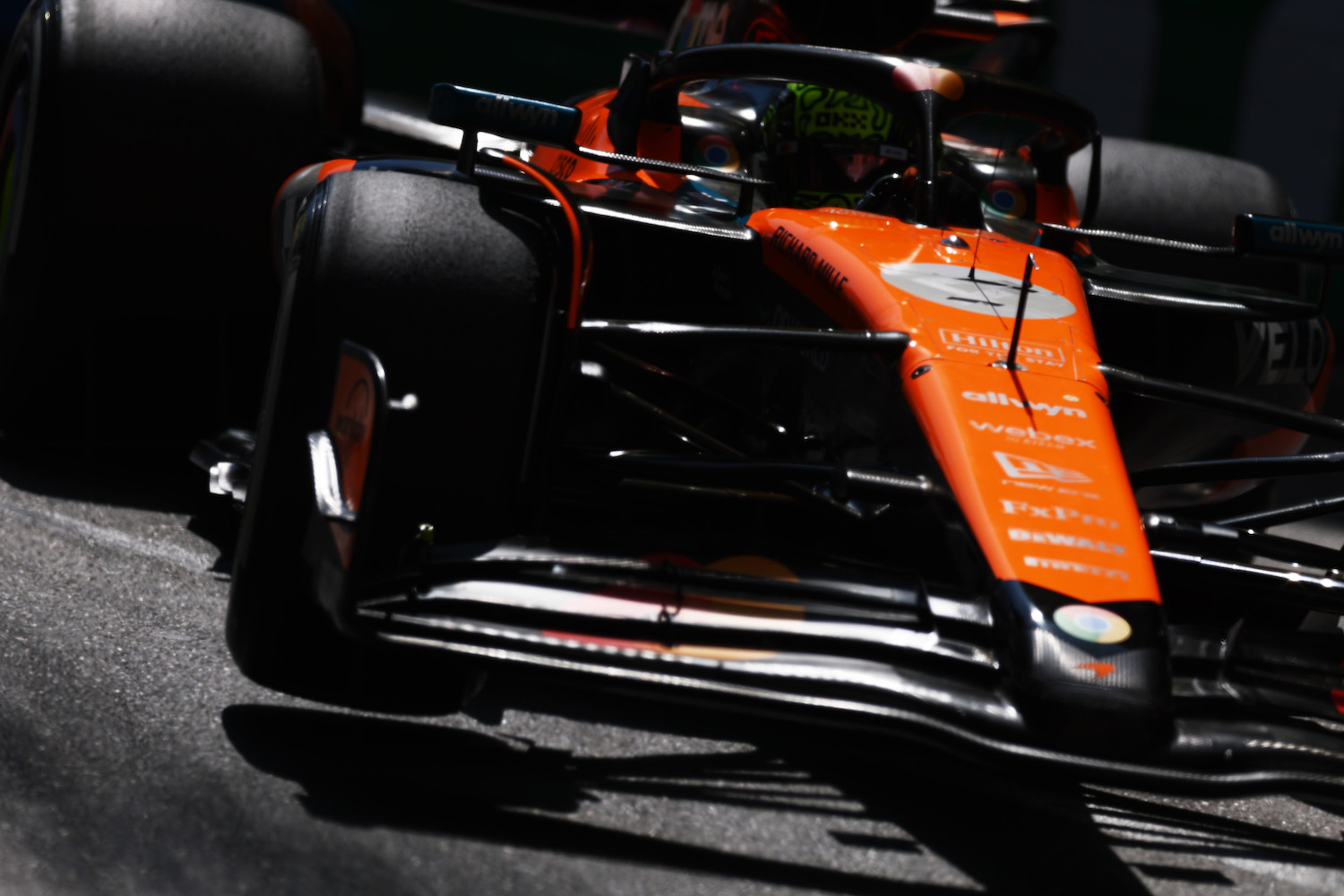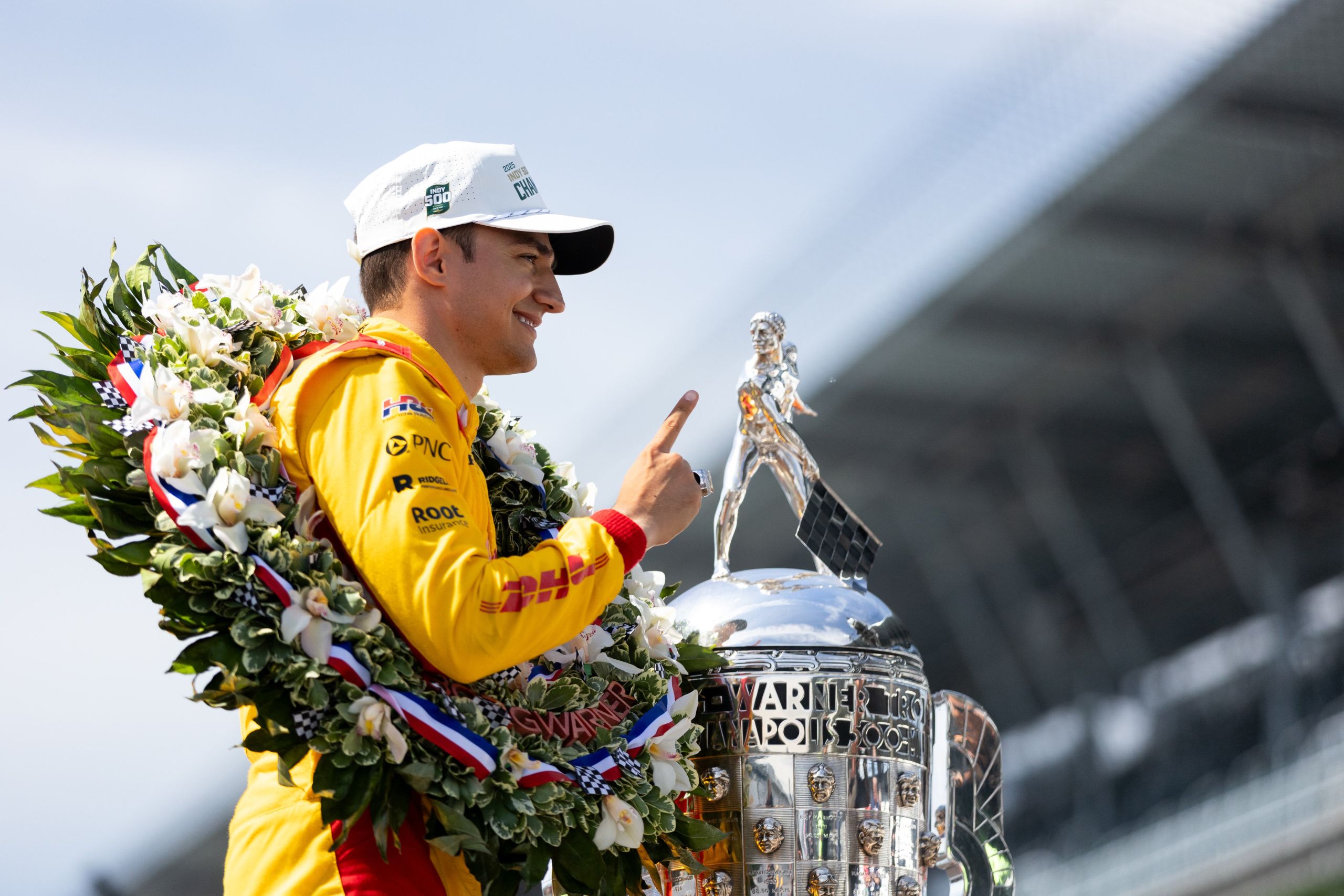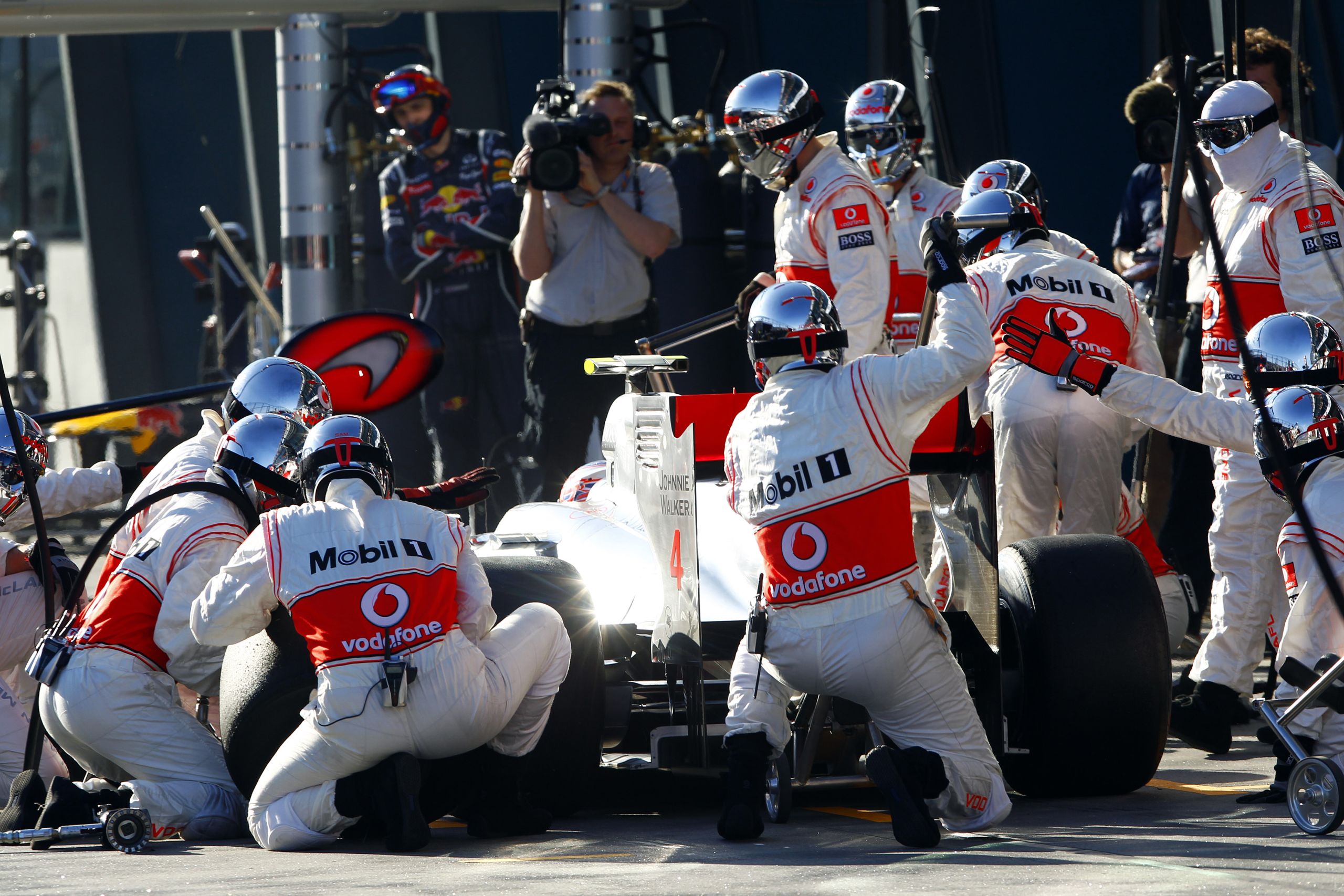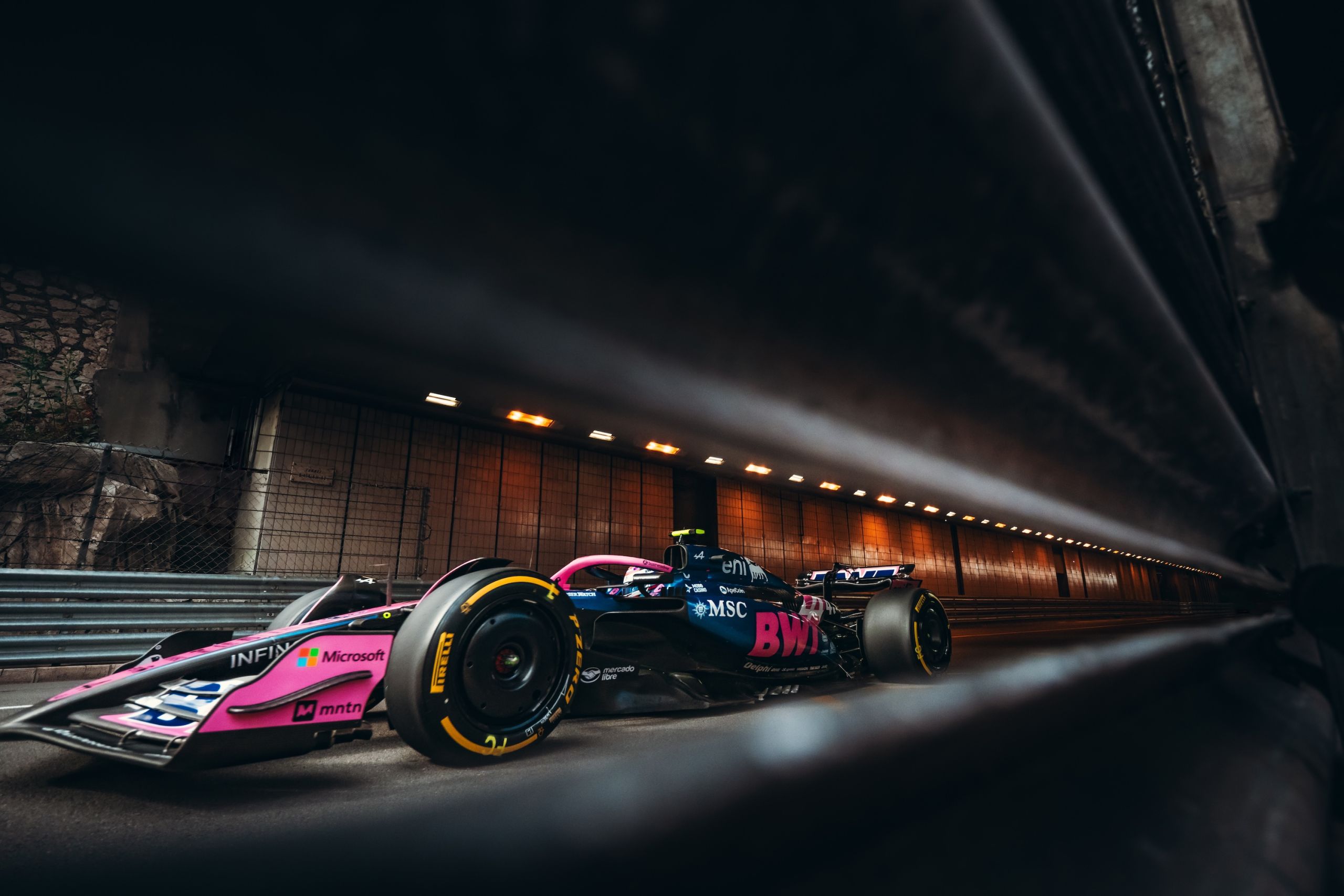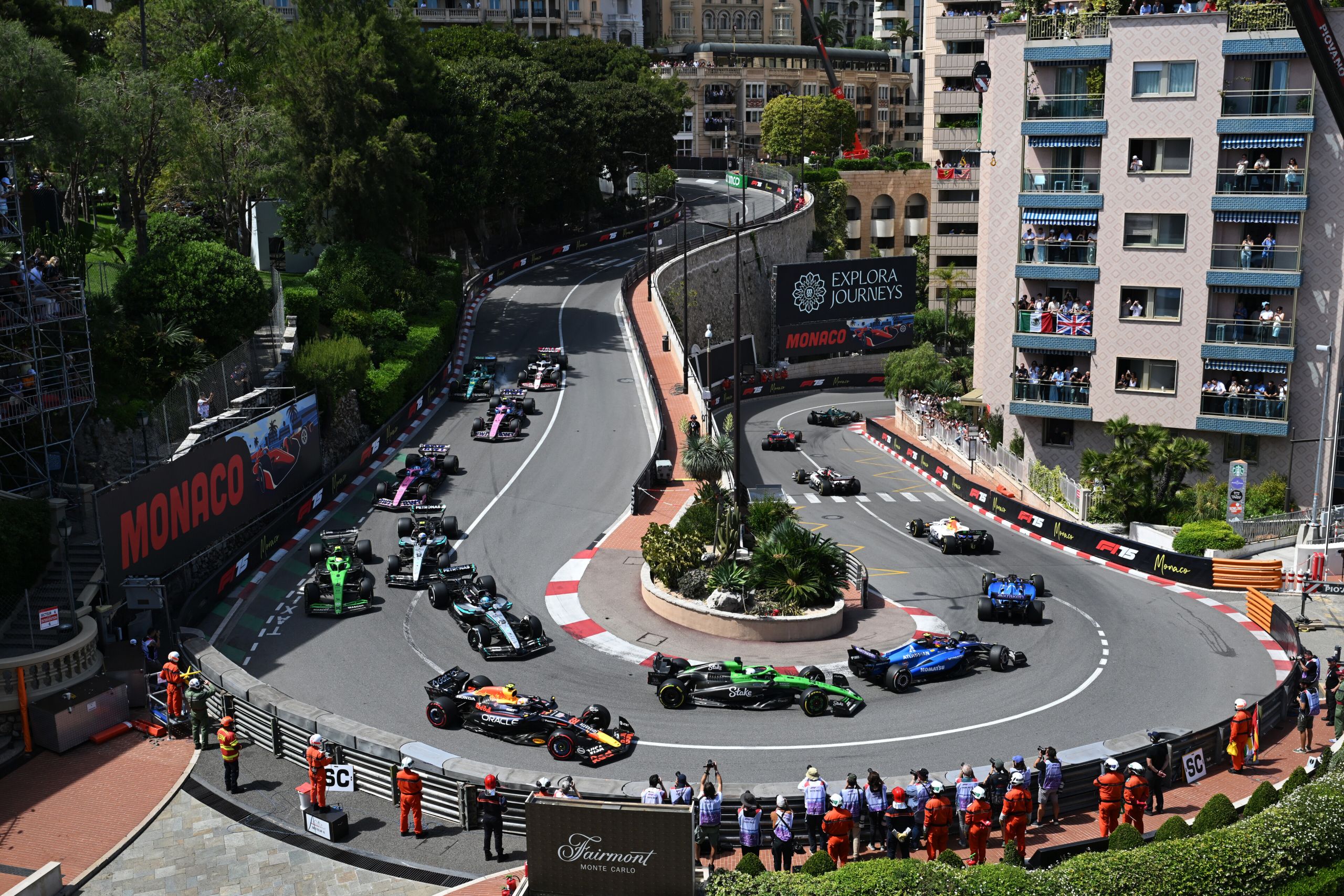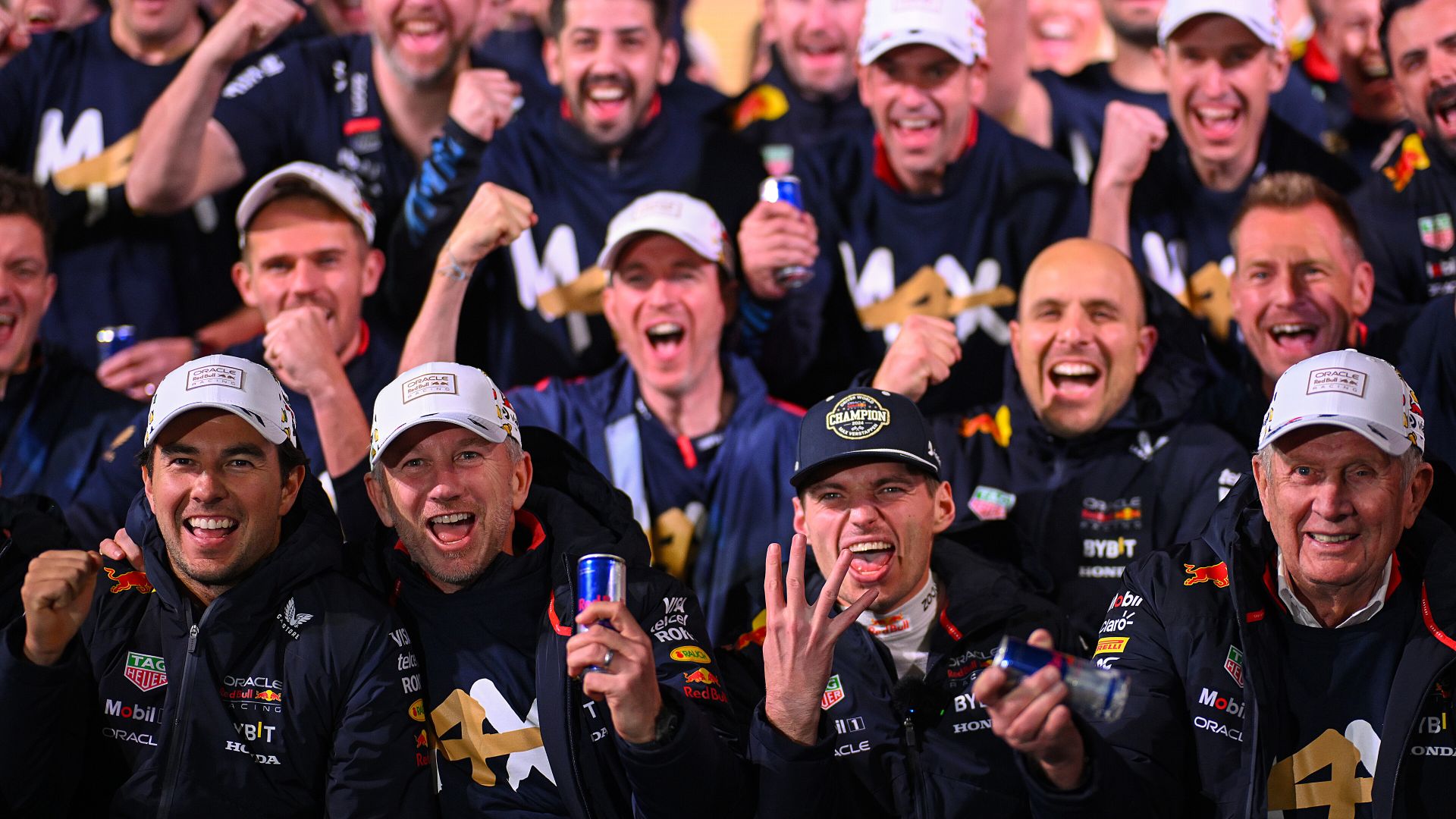
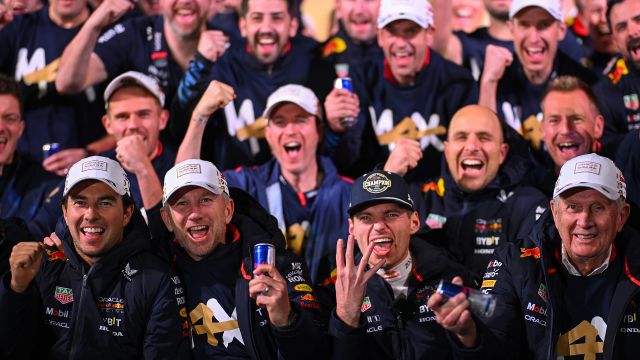
What does the 2025 season hold for Red Bull and their crown jewel Max Verstappen?
The 2024 Formula 1 season shocked viewers after the expectations set by Red Bull’s near-perfect 2023 campaign. What once seemed an unstoppable machine suddenly found itself grappling with unexpected vulnerabilities, transforming Max Verstappen’s championship journey from a coronation to a hard-fought battle.
From domination to determination, Red Bull’s trajectory this season mirrors the unpredictable nature of motorsport. Whilst Verstappen secured his fourth consecutive Drivers’ Championship, the team’s path was markedly different from their previous season. In a shocking turn of events, McLaren clinched the Constructors’ Championship with 666 points, breaking Red Bull’s supremacy.
The last time a similar scenario unfolded was in 2008, when Lewis Hamilton won the Drivers’ Championship with McLaren to Felipe Massa by a single point, while Ferrari claimed the Constructor’s title. This parallel underscores the significant shift in Formula 1’s competitive landscape and highlights the precarious nature of sustained success and that when you are at the top, you have a lot farther to fall.
Red Bull’s descent from their 2023 season was precipitated by a combination of factors. The RB20 struggled with aerodynamic adaptations and reliability issues, a far cry from the invincible machine of the previous year. Verstappen’s remarkable 19 out of 22 wins in 2023 dwindled as the car’s performance became increasingly unpredictable, even forcing an uncharacteristic ten-race winless streak. Notably Sergio Pérez had been raising concerns about the car’s performance long before Verstappen, but these issues only appeared to gain urgency within the team when Verstappen himself began to highlight the RB20’s problems––a telling insight into the team’s internal dynamics and driver hierarchy.
Sergio Pérez epitomised the team’s broader challenges. Finishing eighth in the WDC, his season was a narrative of inconsistency and missed opportunities. His qualifying performances were particularly problematic, with an average starting position of 9.25 that frequently left him battling amongst the pack.
Team Principal Christian Horner candidly acknowledged these struggles, recognising the critical need for more consistent performance. The mention of his replacement has grown louder, with talents like Liam Lawson and Carlos Sainz emerging as potential replacements. Liam Lawson is widely regarded as a top candidate for promotion. However, Carlos Sainz’s situation adds intrigue to the speculation. Despite his confirmed move to Williams for 2025 and his post season testing after Abu Dhabi with the team, rumors persist about a potential Red Bull opportunity. Yet, the team’s historical preference for maintaining a clear driver hierarchy makes such a partnership unlikely. Sainz, who was the only non-Red Bull driver to win a race in 2023, would likely be viewed as a threat to Verstappen’s number one status––a dynamic Red Bull has consistently avoided.
Off-track, Verstappen’s personal life is entering a new phase as he prepares for fatherhood. This development could influence his priorities in 2025 and beyond. Whilst Verstappen has often stated his intention to focus entirely on racing until retirement, balancing family life with the demands of Formula 1 could bring changes. Historically, such personal milestones have impacted the focus and performance of drivers. As Fernando Alonso’s memorable quip about Michael Schumacher during Suzuka 2005 suggests: “I knew he’d hit the brakes because he has a wife and two kids at home.”
As the 2024 season ends, Red Bull stands at a crossroads. The convergence of the competitive grid means their margin for error has dramatically shrunk. The team’s ability to adapt, innovate, and make strategic decisions will be crucial in determining their future success, especially with the uprising of McLaren, Hamilton joining Ferrari , and Adrian Newey’s move to Aston Martin, which could turn Aston Martin into a top rival.
The 2024 season will be remembered not just for Verstappen’s fourth championship, but for the dramatic reminder that in Formula 1, dominance is never guaranteed. It’s a sport of constant evolution, where today’s champions, both the drivers and constructors, must continually reinvent themselves to remain at the pinnacle.
From F1 news to tech, history to opinions, F1 Chronicle has a free Substack. To deliver the stories you want straight to your inbox, click here.
New to Formula 1? Check out our Glossary of F1 Terms, and our Beginners Guide to Formula 1 to fast-track your F1 knowledge.

